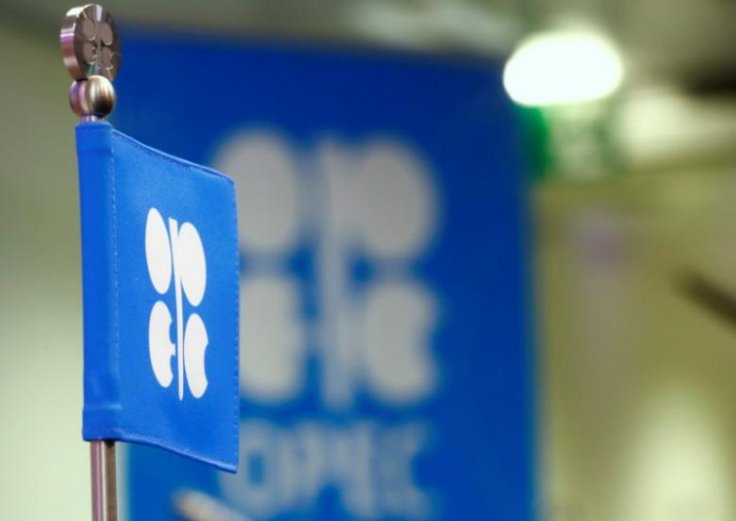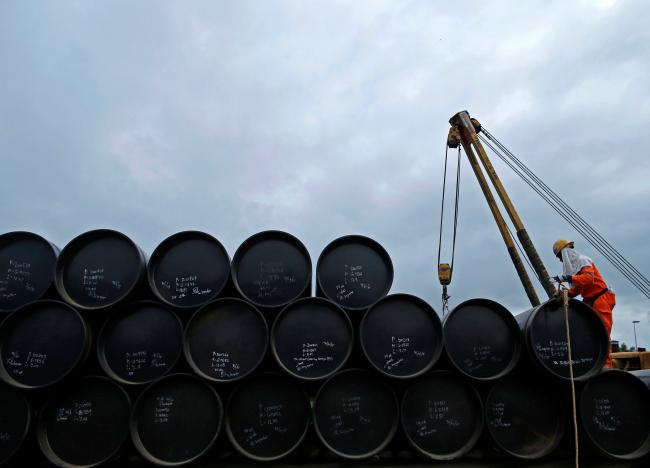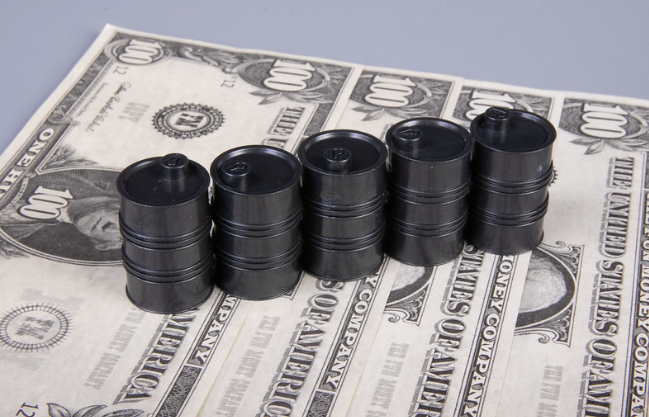The International Energy Agency has warned that the Opec+ cartel's decision to lower output will push the world economy into a recession.
"With unrelenting inflationary pressures and interest rate hikes taking their toll, higher oil prices may prove the tipping point for a global economy already on the brink of recession," IEA said on Thursday.

It was reported on October 3 that the OPEC+ alliance was planning to cut production by more than 1 million barrels a day to prevent prices from falling. Crude prices rose sharply on the news, marking a break from several months of price decline. Significantly for the US customers, this signals the possibility of gasoline prices hitting $5 a gallon once again.
Why Opec Wants to Cut Production
China's zero-Covid policy and continued lockdowns, coupled with the recession fears generated by runaway inflation and central bank action across the world, had depressed oil markets for several months now. This prompted major oil producers to turn the tide in their favor by reducing production levels.
In the formal meeting of the Organization of the Petroleum Exporting Countries (OPEC) on Wednesday, the cartel went for a very aggressive, more than expected reduction in output. The decision was to slash its members' oil production by 2 million barrels per day.
The steep output reduction was shocking to the US, which accused Opec of colluding with Russia. It was particularly painful for President Joe Biden, who had swallowed pride to travel all the way to Riyadh to meet powerful Saudi Crown Prince Mohammad bin Salman a few months ago. Biden's mission was to get Saudi Arabia, the de facto leader of the oil cartel, to agree to output increase as the US the allies have been reeling from the oil market volatility in the aftermath of the Ukraine war.

The angered US indicated that the relationship with Saudi Arabia would be under the lense. US Treasury Secretary Janet Yellen said the cuts were "unhelpful and unwise." While President Biden stated that he was "disappointed," an official White House statement said OPEC was "aligning with Russia."
Influential Democratic Senator Chris Murphy summed up the mood in Washington. "For years we have looked the other way as Saudi Arabia has chopped up journalists, has engaged in massive political repression, for one reason: we wanted to know that when the chips were down, when there was a global crisis, that the Saudis would choose us instead of Russia. Well, they didn't. They chose Russia," he said.
"The massive cut in OPEC+ oil supply increases energy security risks worldwide," the IEA said. If the Opec cuts slashes oil production by 2 million barrels a day, it will be equivalent to about 2 per cent of global oil demand.

For the Joe Biden administration in the US, high gasoline prices in the near term are detrimental as the Democrats are facing a tough mid-term elections in November. For Biden, a strong showing in the elections is the only way to retain control of Congress and regain Senate.
The AAA had warned last week that gasoline prices have ended the declining streak that lasted for nearly 100 days. The Opec+ production cut will seriously impact the US pump prices.








